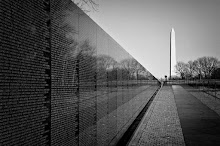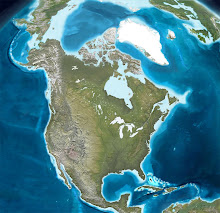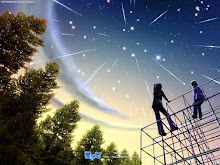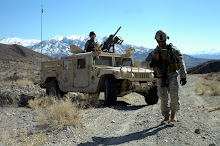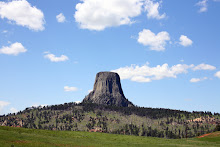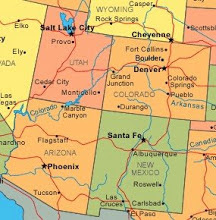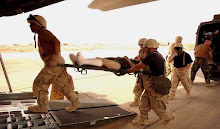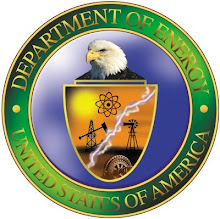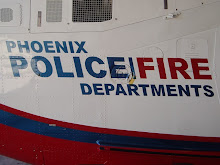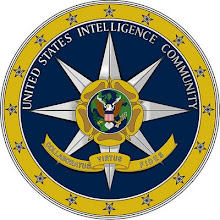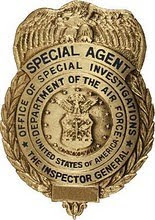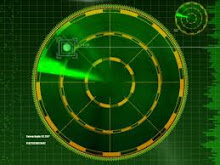JOINT RECONNAISSANCE STUDY GROUP
MISSION IDENTIFICATION:
The Joint Reconnaissance Study Group (JRSG) is a research entity designed to utilize the resources of the Department of Defense and national intelligence services in the missions to be defined by the Congress of the United States, Joint Chiefs of Staff, and the president of the United States.
JRSG personnel will endeavor to investigate intelligence-related matters deemed relevant to the national security of the United States of America.
Areas to be explored by JRSG will be regarded as TOP SECRET/SCI, using the compartmented code word BOONE. Need-to-know protocol will be in force. Study groups within JRSG will be compartmented to the degree necessary.
Cross-fertilization of data and intelligence will be at the discretion of study group team members and the commanding officer of JRSG. Research and investigative findings will be compiled and interpreted by the senior officers on each team and submitted to the JRSG CO for communication to higher command authorities.
GROUP STRUCTURE AND PERSONNEL:
JRSG teams will be structured as follows to enhance cross-service, and cross-agency cooperation and communication. Initial organization of study teams include three, three-person groups. The JRSG CO, Colonel Thomas O'Brien, U.S. Air Force, will have direct command and full discretionary command and control.
- Team One: Commander Daniel Wells, U.S. Navy; Lieutenant Commander James Etienne, U.S. Navy; Captain Amy Mella, U.S. Air Force
- Team Two: Colonel Edward Thompson, U.S. Army; Captain William MacNeil, U.S. Army; Michael Green
- Team Three: Colonel Gene Voss, U.S. Marine Corps; Major Karen Valdez, U.S. Air Force; Jennifer Thorsen
AREAS OF RESEARCH:
JRSG teams will conduct broad-based, yet narrowly focused research and investigations into areas as identified and directed by the JRSG CO. These areas will include, but will not be limited to, the following general categories:
1) Unidentified flying objects (UFOs): Alleged abductions of humans by same. Reported technology and method of operations.
2) Extra-sensory perception (ESP): Alleged perception of information available to human beings through means other than the five senses.
3) Near-death experience (NDE): Alleged contacts with Heavenly persons and afterlife-type phenomena reported by persons experiencing clinical death.
4) Research in sub-atomic and quantum physics and how these fields may affect or illuminate the above areas.
5) DNA and other genetics studies and how these fields may affect or illuminate the above areas.
6) Native American culture and history and how it may affect or illuminate the above areas.
7) Cross-theoretical/cross-cultural religious and philosophical studies and how they may affect or illuminate the above areas.
METHODS AND GOALS:
JRSG personnel will conduct field interviews and other information and intelligence gathering tasks as directed by the JRSG CO. JRSG teams will pursue intelligence and reconnaissance based on their investigative discretion and initiative.
Senior officers Commander Daniel Wells, Colonel Edward Thompson, and Colonel Gene Voss will report directly to the JRSG CO. JRSG CO Colonel Thomas O'Brien will report directly to the National Security Council, Joint Chiefs of Staff, and the president of the United States.
JRSG teams will endeavor to conduct reconnaissance on the seven general areas of study and maintain security of the intelligence collected. The JRSG will be granted the full cooperation of all military commands and civilian governmental agencies. Reports will be channeled from JRSG field teams to the JRSG CO on an as-needed basis at the discretion of senior team officers.
skip to main |
skip to sidebar

In the past 30 days, readers from approximately 40 countries or territories using about 20 languages visited the Joint Recon Study Group site.

To see more articles, scroll down the right-side column.

Steve Hammons

Articles from the Joint Recon Study Group site and Transcendent TV & Media site are included.
The Joint Reconnaissance Study Group is the San Diego-based, combined-service/agency, research-and-activities team in my novels "Mission Into Light" and sequel "Light's Hand." This site contains information of interest to the JRSG.
Home page: Joint Recon Study Group site
Readers from around the world visit this site.

In the past 30 days, readers from approximately 40 countries or territories using about 20 languages visited the Joint Recon Study Group site.
April 2021 threat alert: ‘Force protection’ for our troops now the responsibility of all Americans
First responders must deal with society’s problems, shortcomings, injustices every day
Could some UFOs be linked to Native American 'white stone canoe' legends, stories?
Wildland firefighter basic training available at community colleges, tech schools, training centers
‘Boomer remover’ coronavirus is bigger threat to WWII generation that saved the world
‘Black swan’ events that aren’t: Coronavirus, climate emergency, unidentified aerial phenonema
Reagan’s complete 1987 UN message on ‘alien threat’ overlooked: Grave danger here, now
Was Reagan briefed about UFOs and original ‘Day the Earth Stood Still’ movie?
My military draft lottery number was #165 during final Vietnam War years
“Keep On The Sunny Side,” by The Whites, from movie O Brother, Where Art Thou?”
Living along Ohio River for centuries, Native Shawnee called it ‘Kiskepila Sepe’ – ‘Eagle River’
Native American words around us: States, towns, rivers, lakes, terrain, plants, animals, military
Athens County, Ohio, was key spot when colonists, Redcoats fought Shawnee in 1774 battle
1787 Northwest Ordinance set course for Ohio, Indiana, Illinois, Michigan, Wisconsin, Minnesota
Smallpox-tainted blankets were 1763 bioweapon on northern Appalachian Mountains frontier
Diana Krall performs “Maybe You’ll Be There" live in Paris with Paris Symphony Orchestra 2001.
Books to read in 2021? Novels "Mission Into Light" and the sequel "Light's Hand"
Novel excerpt: Renew, prepare America with ‘Urgent Response Group’ for teens, young adults
Diana Krall performs “I Get Along” live in Paris with Paris Symphony Orchestra 2001.
Steve Tyrell sings “Give Me the Simple Life.”
Diana Krall performs “Love Letters” live in Paris with Paris Symphony Orchestra 2001.
Visit the article archives!

To see more articles, scroll down the right-side column.
Novel "Mission Into Light" overview on Amazon
Novel "Light's Hand" overview on Amazon
Adventures of the Joint Recon Study Group: Overview and synopses of activities and operations
Key chapter overviews: Points of interest in the novel "Mission Into Light"
Key chapter overviews: Points of interest in the novel "Light's Hand"
Multimedia rights available
English and foreign-language book rights, audio book and e-book rights for "Mission Into Light" and "Light's Hand" are available. Movie and TV rights are available.
I'm seeking agent representation for these works and rights.
Please contact Steve Hammons for more information at hammons55@gmail.com.
Feature film screenplay
I completed a feature film screenplay in 2006 based on “Mission Into Light” and “Light’s Hand” combining key elements of both novels.
The screenplay takes audiences into the adventures and discoveries of the Joint Recon Study Group and the relationships among team members, friends and associates as they explore leading-edge research and emerging transcendent developments.
I'm seeking agent representation for this screenplay.
.........................
I also wrote a TV series pilot script based on "Mission Into Light" and "Light's Hand" story. I'm seeking agent representation this script.
About the Author

Steve Hammons
About the Author
I was born and raised in southwestern Ohio near the Kentucky and Indiana borders, then went to college at Ohio University in the southeastern Appalachian region of the state near West Virginia.
I graduated with a dual major in communication (journalism focus) and health education (psychology focus) with a minor in pre-law.
Ohio U. is home to the respected Scripps College of Communication and E.W. Scripps School of Journalism.
I also completed two graduate-level courses in guidance counseling theory and method at Ohio U.'s College of Education, School of Applied Behavioral Sciences and Educational Leadership.
At the end of my undergraduate education at Ohio University, I moved to the beautiful American Southwest where I applied my education, continual training and and ongoing experience to related professional fields such as health care, journalism and special research areas.
My novels "Mission Into Light" and the sequel "Light’s Hand" are available in e-book and 6"x9" paperback from most online booksellers worldwide.
Readers review metaphysical-military-intelligence adventure novel ‘Mission Into Light’
My articles on DoD CultureReady blog, Defense Language and National Security Education Office
Transcendent TV & Media site
Past articles: Scroll down the right-side column for more articles.

Articles from the Joint Recon Study Group site and Transcendent TV & Media site are included.











